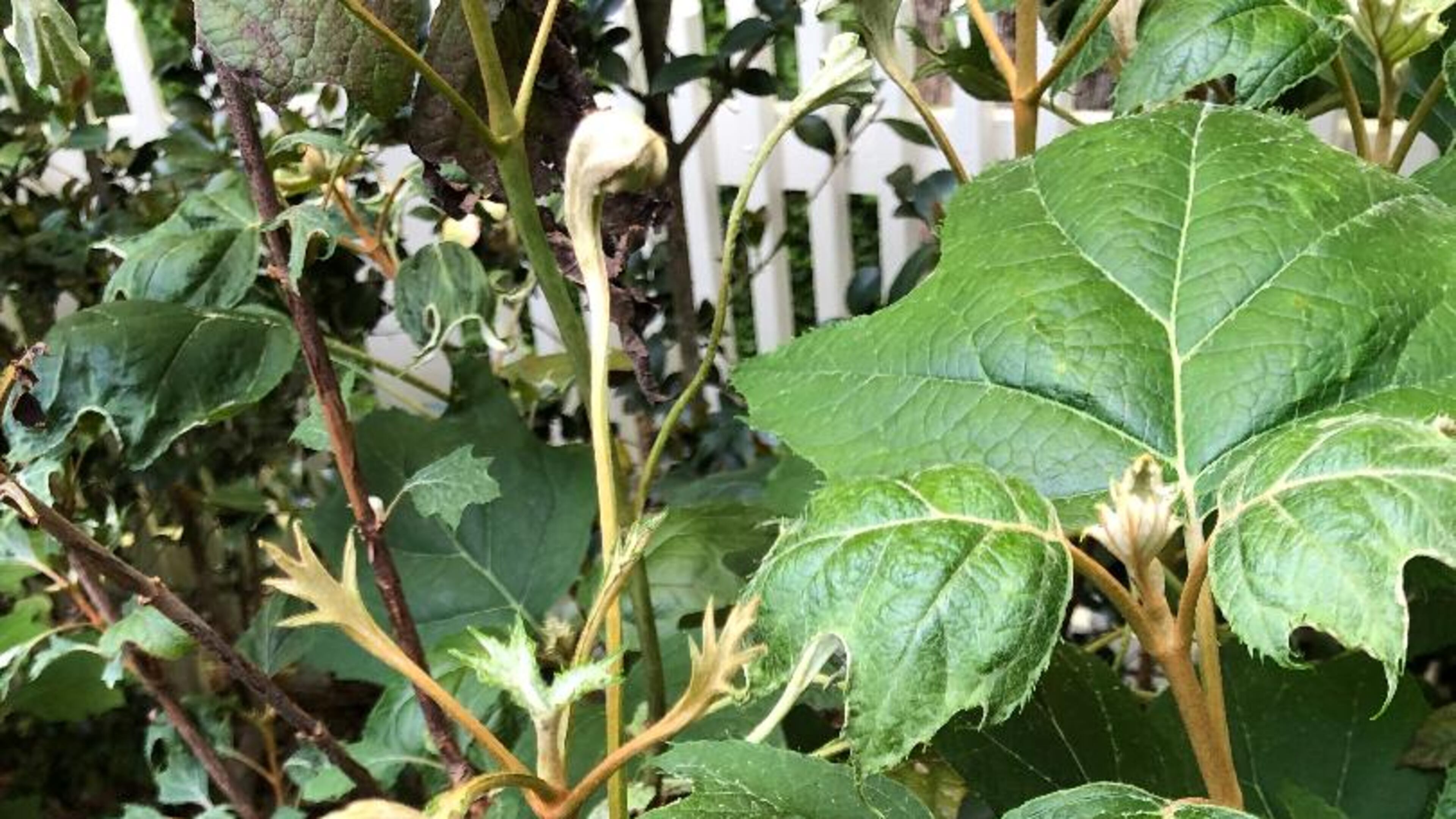Contaminated manure harms garden plants

Q: For years I’ve used manure from my horse to fertilize a big garden with ornamentals and vegetables. I was recently told that horse manure can contain herbicide residue not filtered out during the digestive process. I use a local hay source but where they obtain it varies by availability. It was definitely detrimental to my tomatoes. My question to you is would my composted manure be harmful to other plants in my garden? — Doug McCurry, Milton
A: There are so many hayfield herbicides that could be the culprit that it’s impossible to figure out beforehand which plants would be harmed by your manure. The only way to know for sure is to grow some seedling garden plants in potting soil amended with your manure. As you have found out, tomatoes are very sensitive, so tomato or basil seedlings are plants that I would grow to test your manure. If it’s contaminated, the seedlings stems and leaves will be twisted and curved. You should see results in a week. For more details, see bit.ly/GAcontaminatedmanure.
Q: I have some Knockout roses in a raised bed and want to put them in the ground. Can I do that this time of year or should I wait till closer to spring time? — Michael Mainor, Colquitt County
A: Growing in a raised bed means you’ll have lots of roots. If you can bring the roots with the roses with you to your in-ground bed, you’ll be successful at any time of year.
Q: Last year I purchased 20 tiny Carolina cherry laurels for a privacy hedge. I wanted a fast-growing, approximately 10-foot-high screen. I potted them up and let them grow for a year. While I was getting ready to plant the hedge, I realized most of it would be under the canopy of a very mature black walnut. The closest plants would be within 25 feet of the tree. Unfortunately, I learned that cherry laurel is susceptible to the juglone secreted from black walnut roots. Would it be worth risking the plants or should I search for alternatives? — Clark Stancil, Pickens County
A: I have good news. It’s difficult to find any research that proves black walnut trees are harmful to landscape plants. In fact, one researcher says the deleterious effects of walnuts are caused by root competition rather than juglone secreted by the roots. Read bit.ly/GAwalnutshrubs. Organic matter, sunshine, soil organisms, rainfall, soil chemistry and many other factors can influence juglone levels. I think good soil preparation in the planting area could outweigh the effects of juglone. Mix plenty of organic matter in the soil to bind to the juglone. Water and manage the seedlings properly. I think you’ll be pleased with their growth.


